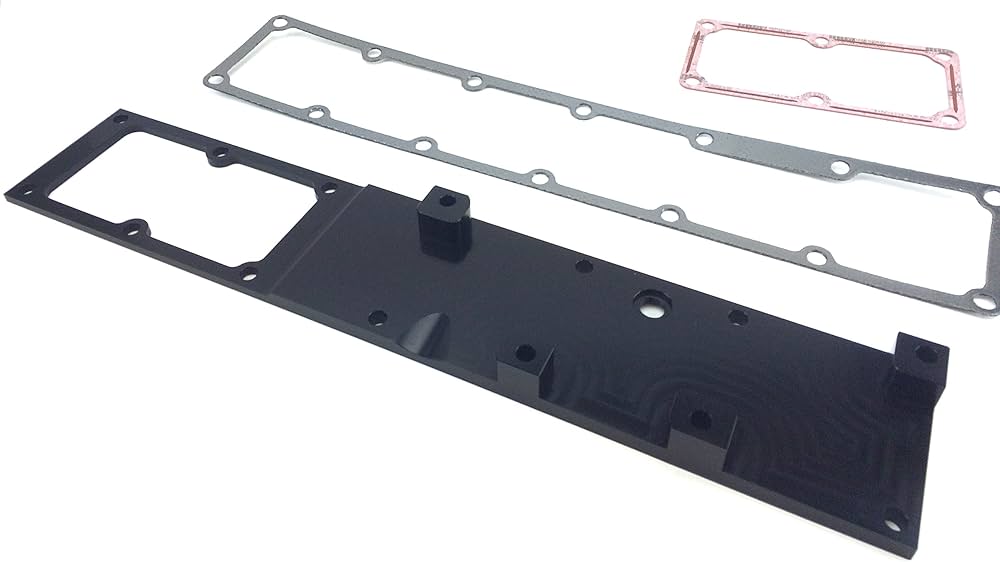Common Plumbing Problems Faced by Homeowners in New Jersey
Tanım
Plumbing issues can cause significant disruption to daily life, and for homeowners in New Jersey, the state’s unique weather conditions and older infrastructure can present additional challenges. Whether it’s a clogged drain, leaking pipe, or water heater malfunction, understanding common plumbing problems can help homeowners identify and address issues before they become major disasters. Below, we will explore some of the most frequent plumbing problems encountered in New Jersey homes and guide how to manage them.
Clogged Drains and Sewers
One of the most common plumbing issues homeowners face is clogged drains. In New Jersey, where many homes have older plumbing systems, this problem is especially prevalent. Over time, debris, grease, soap, hair, and even tree roots can accumulate inside the pipes, causing blockages that lead to slow drainage or complete backups.
Causes of Clogged Drains
Clogs can develop in various places within the plumbing system, including kitchen sinks, bathroom drains, and main sewer lines. The most common causes include:
- Kitchen Drains: Grease and food waste buildup can clog drains, especially if proper disposal methods are not followed.
- Bathroom Drains: Hair, soap scum, and toothpaste residue frequently build up in bathroom drains, contributing to blockages.
- Main Sewer Lines: Tree roots growing into pipes, combined with the buildup of waste materials, can lead to major blockages in the main sewer lines, often resulting in expensive repairs.
How to Prevent and Fix Clogs
Regular maintenance can help prevent clogs. Avoid flushing non-biodegradable items down toilets and use drain covers to catch hair and debris. For severe clogs, using a plunger or an auger can help clear blockages. In more persistent cases, professional plumbers may need to perform hydrojetting or pipe replacement.
Leaky Pipes
Leaking pipes are a widespread problem, especially in older New Jersey homes. Pipes may leak due to corrosion, wear and tear, or damage from external factors like tree roots or shifting ground. A leak can range from a small drip to a full-blown burst pipe, causing significant water damage if not promptly addressed.
Signs of Leaking Pipes
Common signs of a leak include:
- Water Stains: Water stains on ceilings, walls, or floors can indicate a hidden leak.
- Increased Water Bills: If your water bill spikes without a noticeable increase in water usage, it may signal a leak somewhere in your plumbing system.
- Mold Growth: Leaks often lead to damp conditions that encourage mold growth.
Fixing Leaky Pipes
If you suspect a pipe leak, it’s essential to address it immediately. Turn off the water supply to prevent further damage. For minor leaks, homeowners can use temporary fixes like pipe tape or sealant, but these are not long-term solutions. Calling a plumber for pipe inspection and professional repairs is crucial to avoid worsening the problem.
Low Water Pressure
Low water pressure is a common frustration for New Jersey homeowners, especially in older homes with aging plumbing systems. Low water pressure can affect showers, faucets, and appliances that require a consistent water flow.
Causes of Low Water Pressure
Several factors can cause low water pressure, including:
- Corroded Pipes: Over time, pipes can corrode, narrowing the internal space through which water flows.
- Leaky Pipes: A slow leak in the system can reduce water pressure throughout the home.
- Water Supply Issues: Problems with the municipal water supply or a malfunctioning pressure regulator can also result in low water pressure.
- Clogged Faucets or Showerheads: Mineral buildup in faucets or showerheads, especially in areas with hard water, can obstruct the flow of water.
How to Improve Water Pressure
Homeowners can try cleaning aerators and showerheads to eliminate mineral buildup. If the problem persists, it may be necessary to replace corroded pipes or install a new pressure regulator. In some cases, a plumber may recommend installing a booster pump to enhance water pressure throughout the home.
Frozen Pipes
During the winter months, New Jersey homeowners may face the issue of frozen pipes. Cold temperatures can cause water inside pipes to freeze, leading to blockages, ruptures, or leaks when the ice thaws. Frozen pipes are especially problematic in areas that are not adequately insulated, such as basements or exterior walls.
Signs of Frozen Pipes
Frozen pipes are often present with a noticeable drop in water pressure or a complete lack of water from certain faucets. In some cases, homeowners may hear strange sounds, such as cracking or bubbling, coming from pipes as the water freezes.
Preventing Frozen Pipes
To prevent freezing, homeowners should insulate exposed pipes in unheated areas and keep cabinet doors open in kitchens and bathrooms to allow warm air to circulate the pipes. Additionally, homeowners can allow faucets to drip slightly to keep water moving and reduce the risk of freezing. If a pipe does freeze, it is important to thaw it gradually using heat pads or a hairdryer. In severe cases, a plumber may need to be called for assistance.
Water Heater Issues
Water heater problems are another common concern for homeowners. Whether it’s a malfunctioning thermostat, sediment buildup, or a complete breakdown, water heater issues can disrupt daily routines. In New Jersey, where cold winters demand a reliable supply of hot water, maintaining a properly functioning water heater is essential.
Common Water Heater Problems
- No Hot Water: A lack of hot water could indicate a malfunctioning heating element or a problem with the thermostat.
- Inconsistent Hot Water: Fluctuating temperatures may suggest sediment buildup in the tank or a failing heating element.
- Water Heater Leaks: A leaking water heater could be due to corrosion, a faulty valve, or a crack in the tank.
- Strange Noises: Popping or rumbling noises from the water heater often indicate sediment buildup at the bottom of the tank.
Maintaining Your Water Heater
Regular maintenance, such as flushing the tank to remove sediment buildup, checking the thermostat settings, and inspecting the heating elements, can help extend the lifespan of your water heater. If problems persist, it may be time to replace the unit.
Sewer Line Problems
Sewer line issues can be some of the most costly and disruptive plumbing problems a homeowner can face. In New Jersey, where many homes have older plumbing systems, sewer lines are vulnerable to damage from tree roots, corrosion, or shifting soil.
Signs of Sewer Line Problems
- Slow Drains: If multiple drains are slow or backing up, the problem could be with the sewer line.
- Sewage Backup: A major sign of a blocked or damaged sewer line is sewage backing up into the home.
- Unpleasant Odors: Foul smells from drains or the yard may indicate a problem with the sewer line.
Repairing Sewer Line Issues
In most cases, sewer line problems require professional intervention. Plumbers may use methods such as hydrojetting or trenchless pipe repair to clear blockages and repair damaged pipes. In extreme cases, the entire sewer line may need to be replaced.
FAQs
What are the best ways to prevent plumbing problems in New Jersey?
Regular maintenance is key to preventing plumbing problems. Homeowners should inspect pipes for leaks, clean drains, and maintain their water heaters to ensure proper function. Additionally, protecting pipes from freezing during the winter is crucial.
How can I prevent tree roots from damaging my plumbing?
Tree roots can infiltrate sewer lines, causing significant damage. To prevent this, consider planting trees away from your plumbing system, regularly inspect the area, and consult a plumber if you notice signs of root intrusion.
How do I know if my water heater needs replacing?
If your water heater is more than 10-15 years old, frequently malfunctions, or no longer heats water efficiently, it may be time for a replacement. A plumber can provide a thorough inspection to determine if replacement is necessary.
What should I do if I notice a leaking pipe?
Turn off the water supply to prevent further damage. If the leak is minor, you can temporarily seal it with waterproof tape, but it’s essential to call a plumber for permanent repairs.
Are plumbing repairs covered by homeowners’ insurance in New Jersey?
Plumbing repairs may be covered by homeowners’ insurance, depending on the cause of the issue. Review your policy to determine if plumbing-related repairs are included in your coverage.
Conclusion
Plumbing issues are a common yet manageable part of homeownership in New Jersey. By recognizing the most common plumbing problems, understanding how to prevent them, and knowing when to call a professional, homeowners can save time, money, and frustration. Regular maintenance and timely intervention can ensure that plumbing systems continue to function efficiently, preventing costly damage and prolonging the life of your pipes and fixtures.











